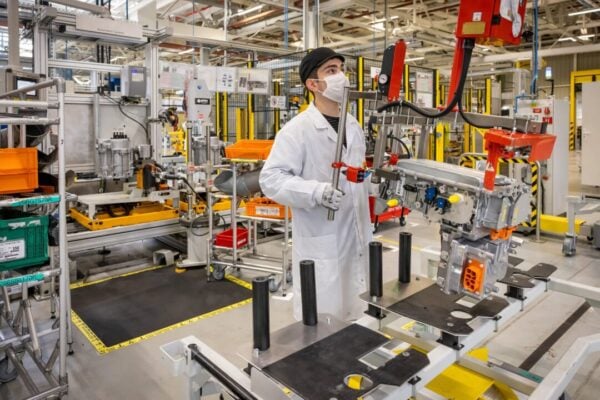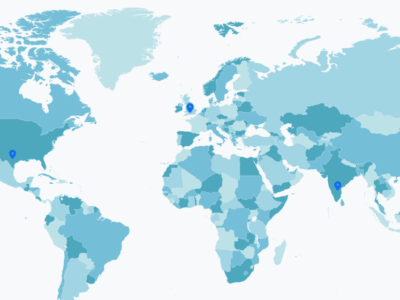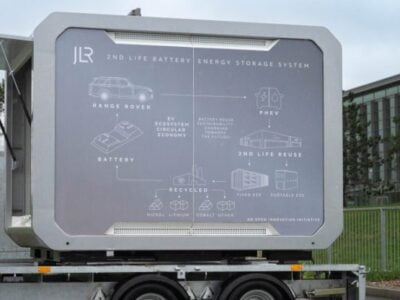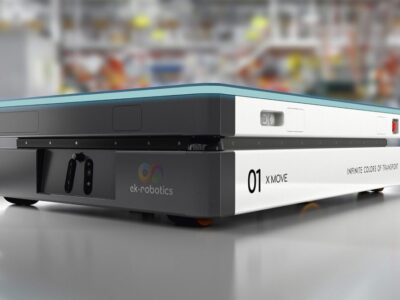
Renault and partners develop new generation of electric motors
Together with supplier Valeo, Renault intends to develop a new generation of electric car motors that do not require rare earths. In its press release, Renault names the Valeo Siemens eAutomotive JV as its third partner – but Siemens is already in the process of exiting the company.
The aim of the development is a motor family that offers more power with better efficiency. At the same time, the developers have set out to do without rare earths – an ambitious goal, since these materials are actually considered a guarantee for being able to construct powerful e-motors in a compact form factor.
Each of the cooperation partners will contribute their expertise to the two key components of the electric motor: the rotor and the stator. Renault will develop and produce the rotor technology for the synchronous motor. In addition, Renault will provide the overall architecture for the Renault Group All-in-One motor. Valeo and Valeo Siemens eAutomotive will contribute the development of the stator and also produce it. Valeo’s long experience in copper wire assembly enables a higher copper density in the stator, which increases the power output while maintaining the same energy demand.
Series production of the motors is scheduled to start in 2027 at Renault’s Cléon site in France. Initially, a model with an output of 200 kW is planned.
“This strategic partnership will take electric mobility a big step forward,” emphasises Christophe Périllat, CEO of Valeo. “The electric motors developed jointly with Renault Group, which do not use rare earths, will meet the strictest environmental requirements and the highest performance standards.”
- Renault switches to turbo mode in electric mobility
- Electromobility: Renault invests €1bn in production expansion
At virtually the same time as Renault’s plans to build the new generation of e-motors, Siemens announced its intention to exit its joint venture with Valeo. However, this is not a surprise – the two partners had already talked two years ago that Siemens would withdraw again when certain business targets were reached. Siemens and Valeo each hold a 50% stake in the Valeo Siemens eAutomotive (VSeA) joint venture. For Siemens, the payout of its business shares will result in a profit of around € 300 million, which will be booked in the 2nd quarter of the current financial year.
“Together with our partner, we have positioned the joint venture as a leader in its market segment and have now defined an excellent long-term course,” said Roland Busch, CEO of Siemens AG. “The sole ownership as well as the full integration into Valeo offer a very strong perspective for business, employees and customers. At the same time, we are taking another important step to raise our profile as a focused technology company.”
VSeA was founded in 2016. At that time, Siemens contributed its business with drive systems for e-cars, including e-motors and power electronics. Together, Valeo and Siemens have achieved their goal of creating a supplier recognised as a global leader in the field of electric mobility. This means that now is the right time for Siemens to transfer its stake in VSeA to its partner. Alignment with one owner was the desired goal for both sides for the joint venture from the very beginning. As the sole shareholder, Valeo will drive the future development of the business.
Related articles:
Siemens, Valeo form joint venture for EV powertrains
Europe to build independent SiC value chain
Consortium submits ideas to make vehicle electronics simpler, more robust
Renault proclaims “Software République”
Renault introduces new electric motor generation for Zoe
Electric motor offers high performance without rare earth materials
 If you enjoyed this article, you will like the following ones: don't miss them by subscribing to :
eeNews on Google News
If you enjoyed this article, you will like the following ones: don't miss them by subscribing to :
eeNews on Google News




